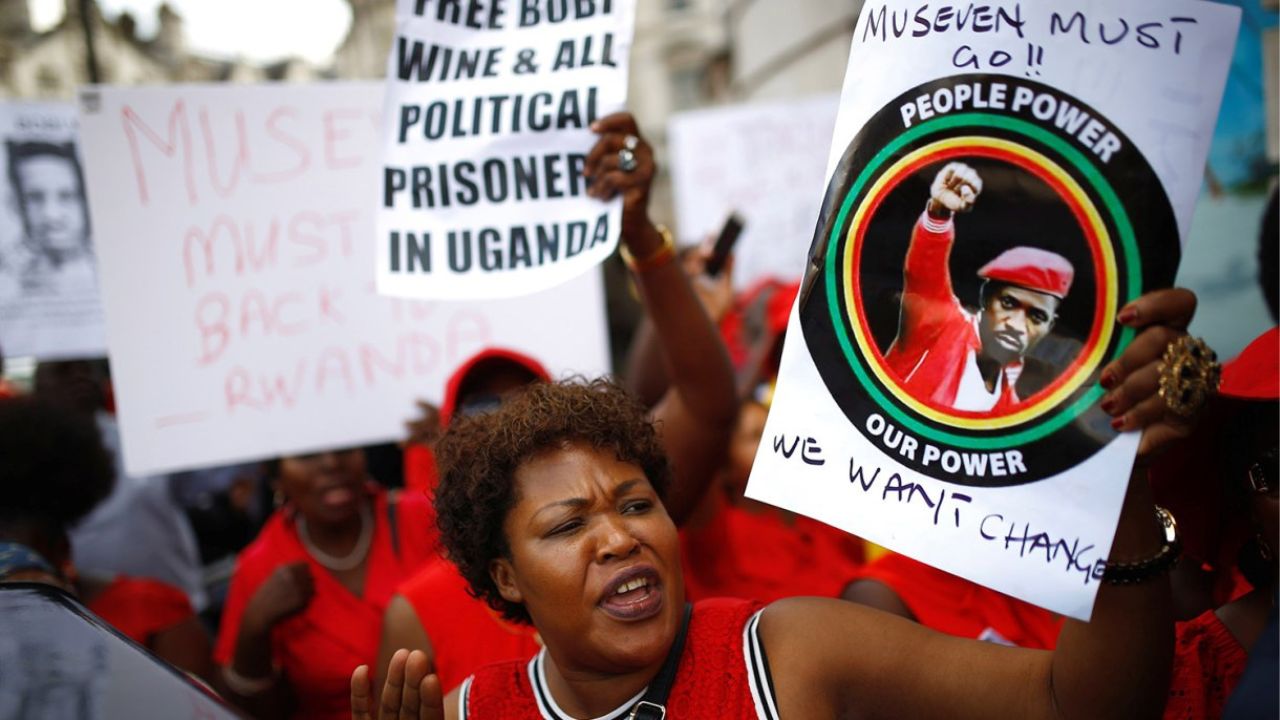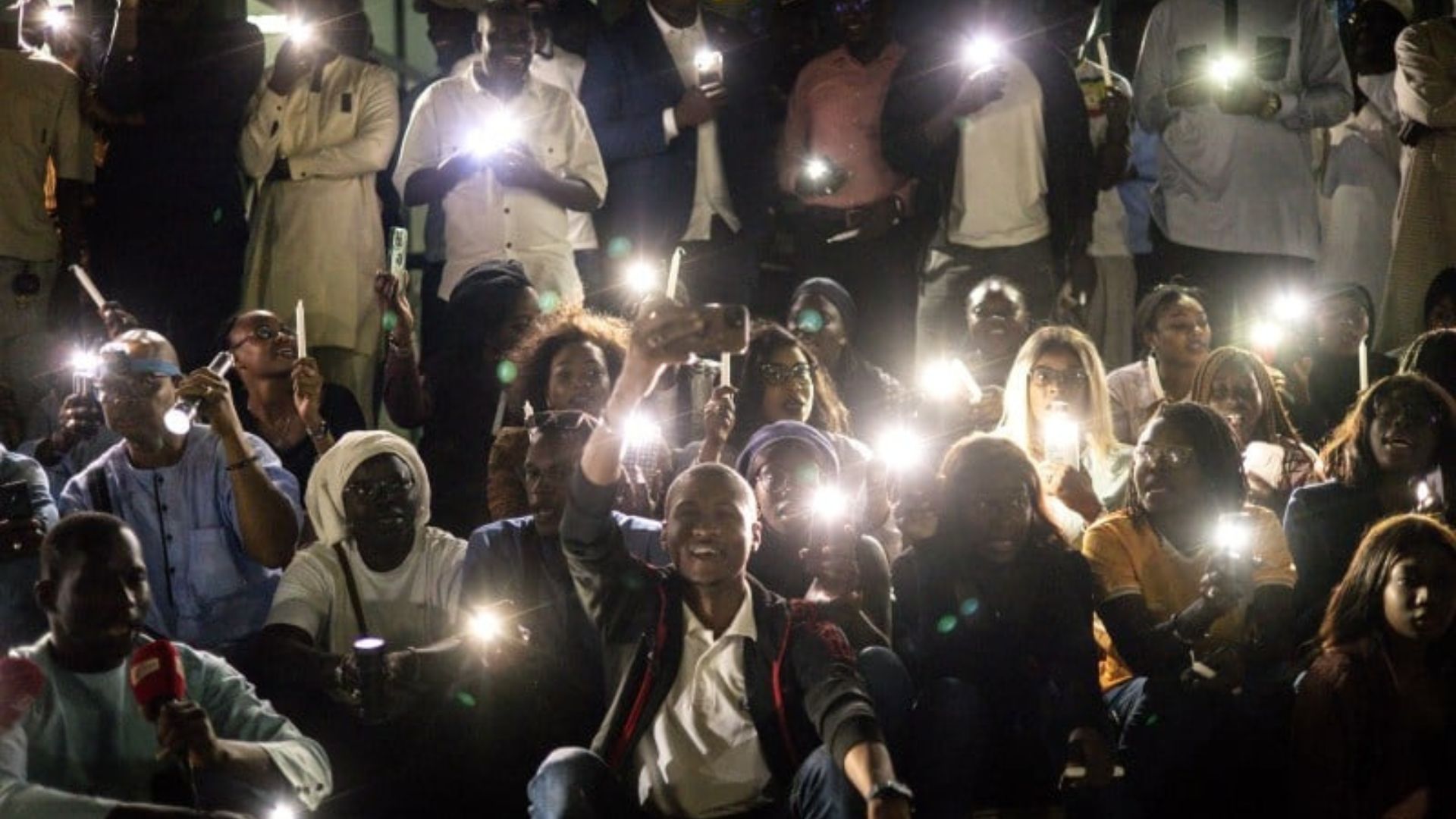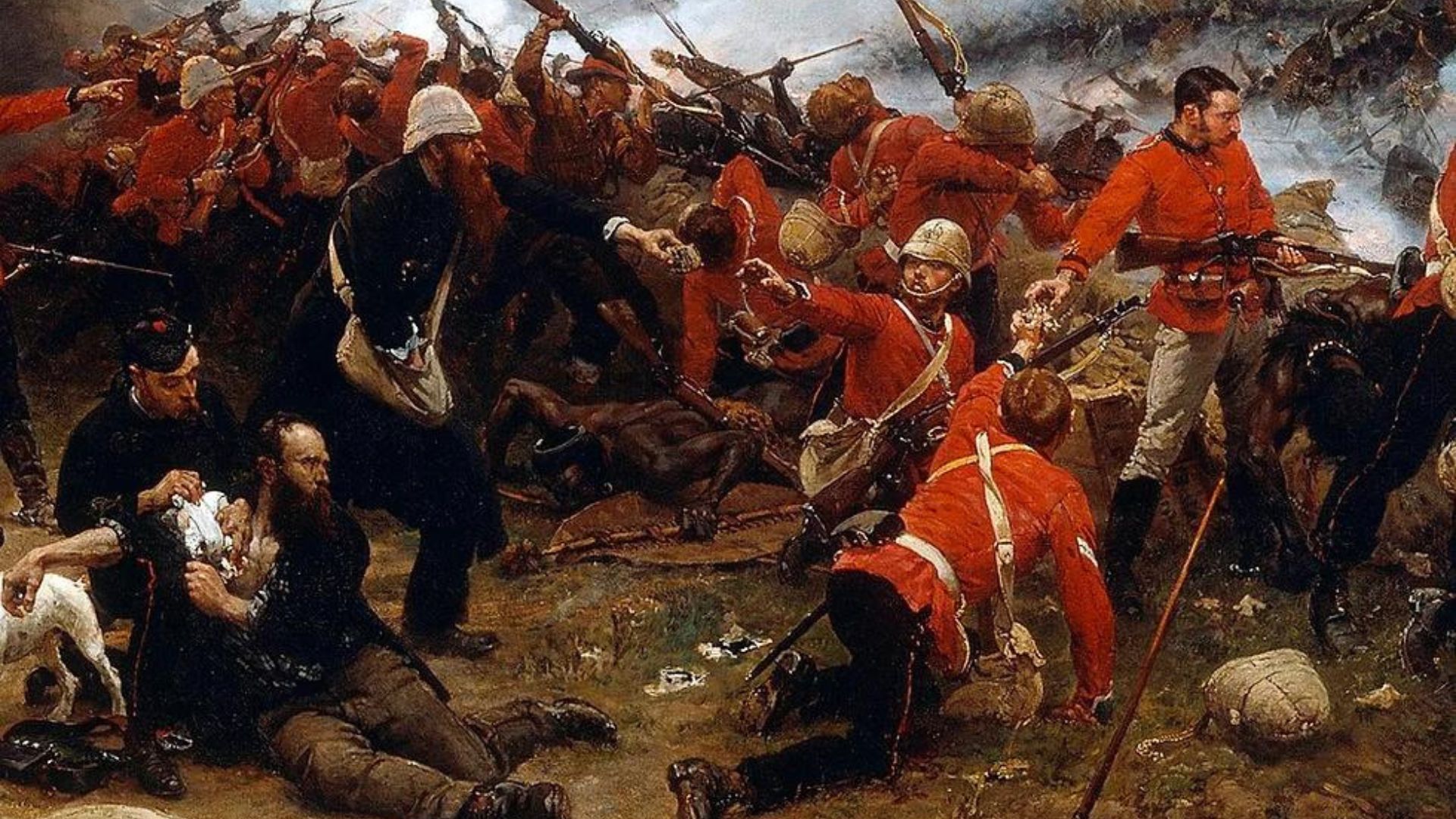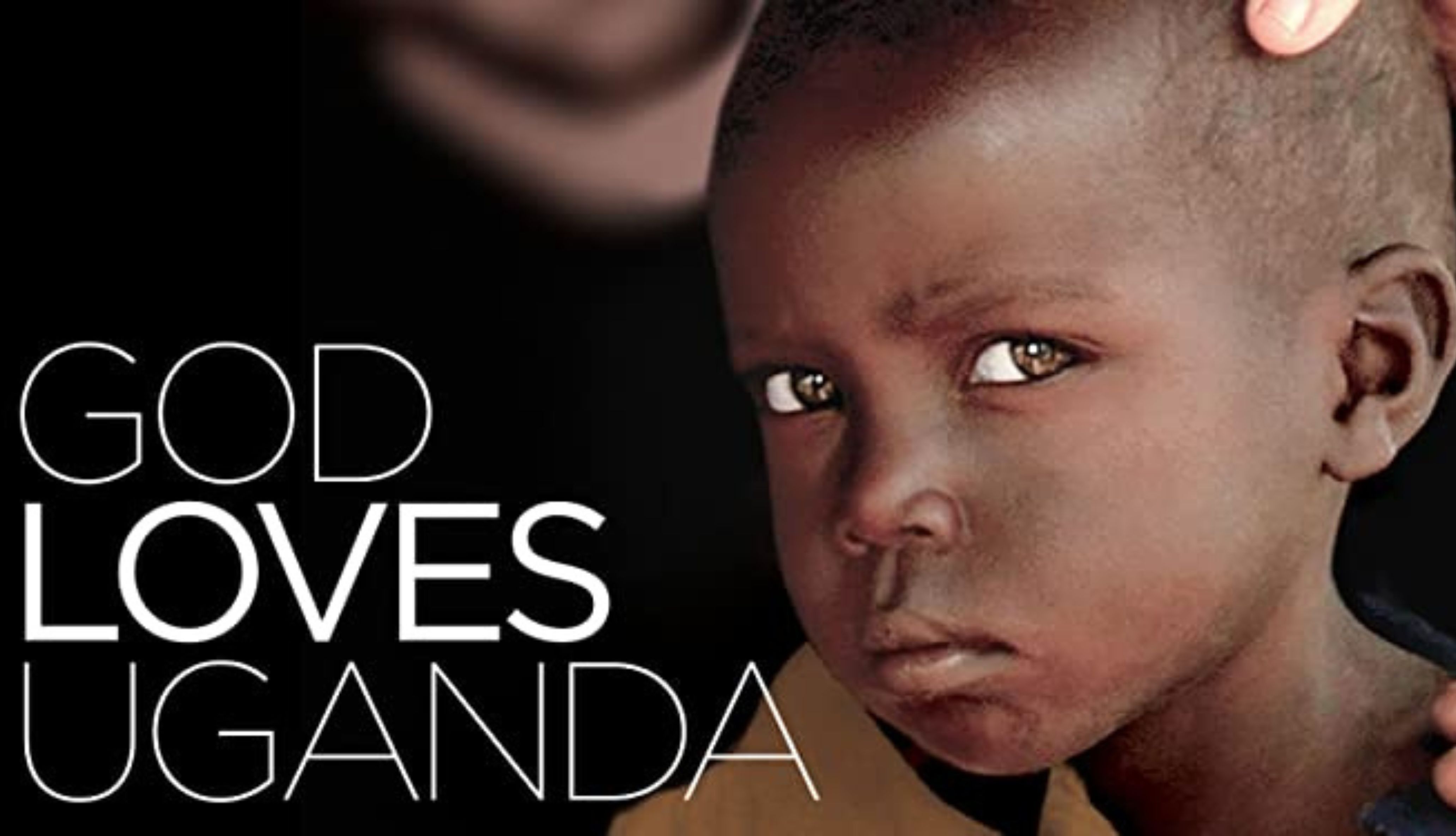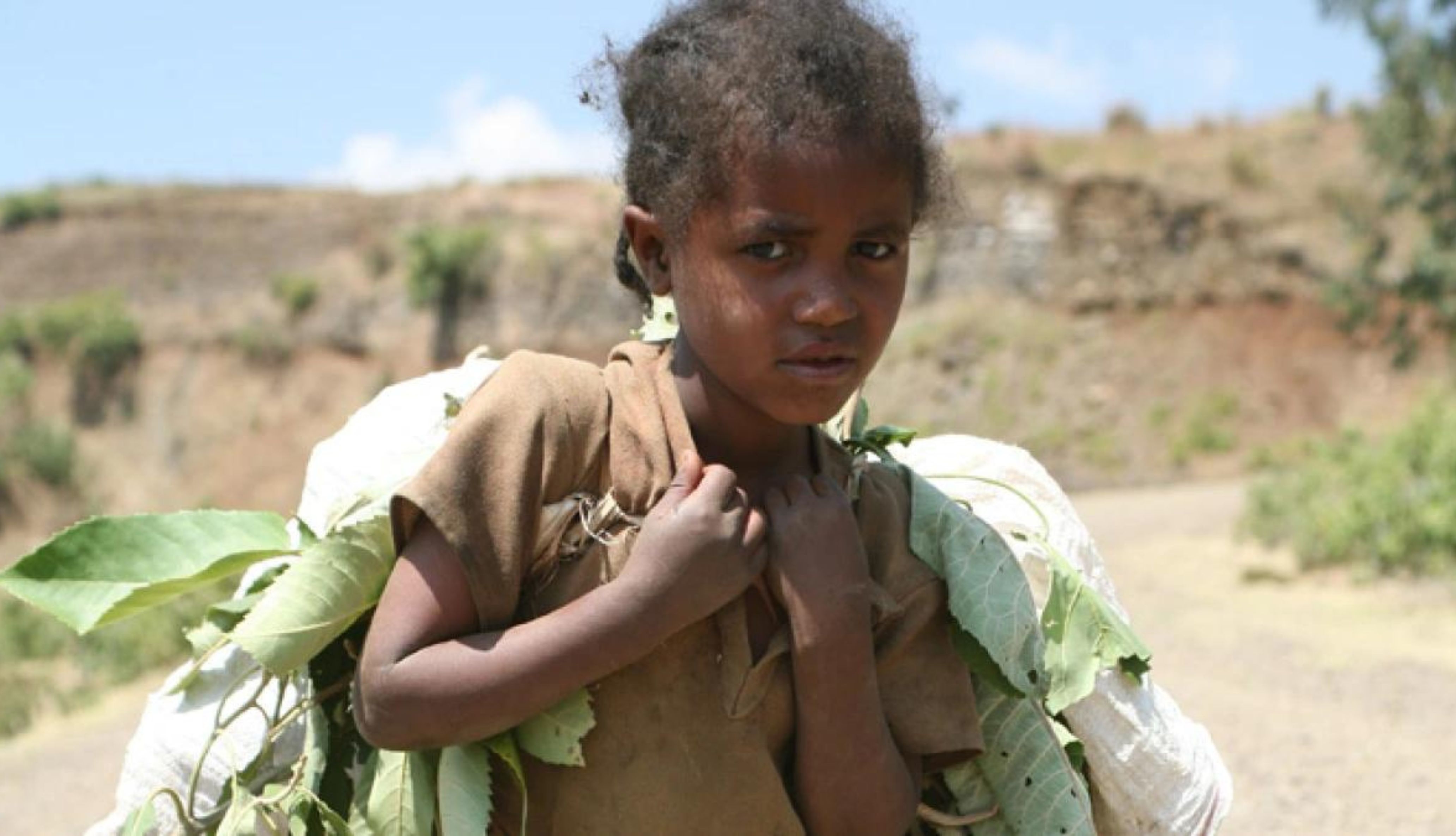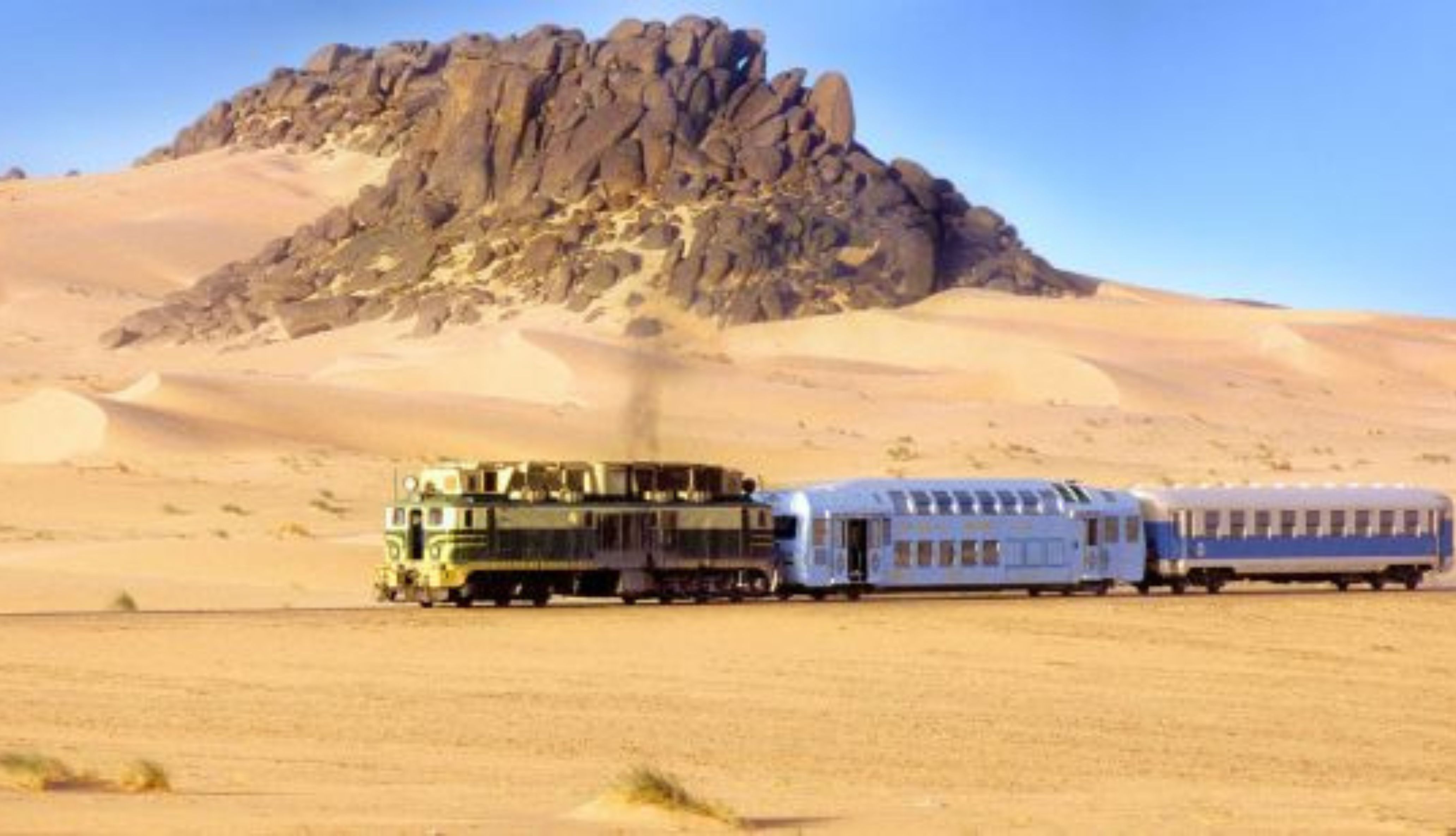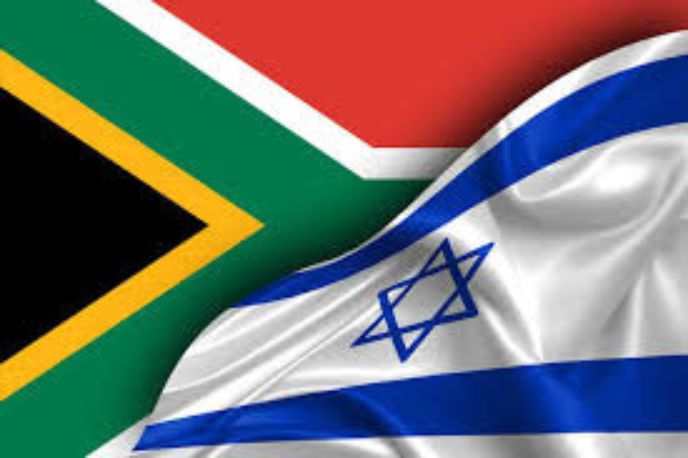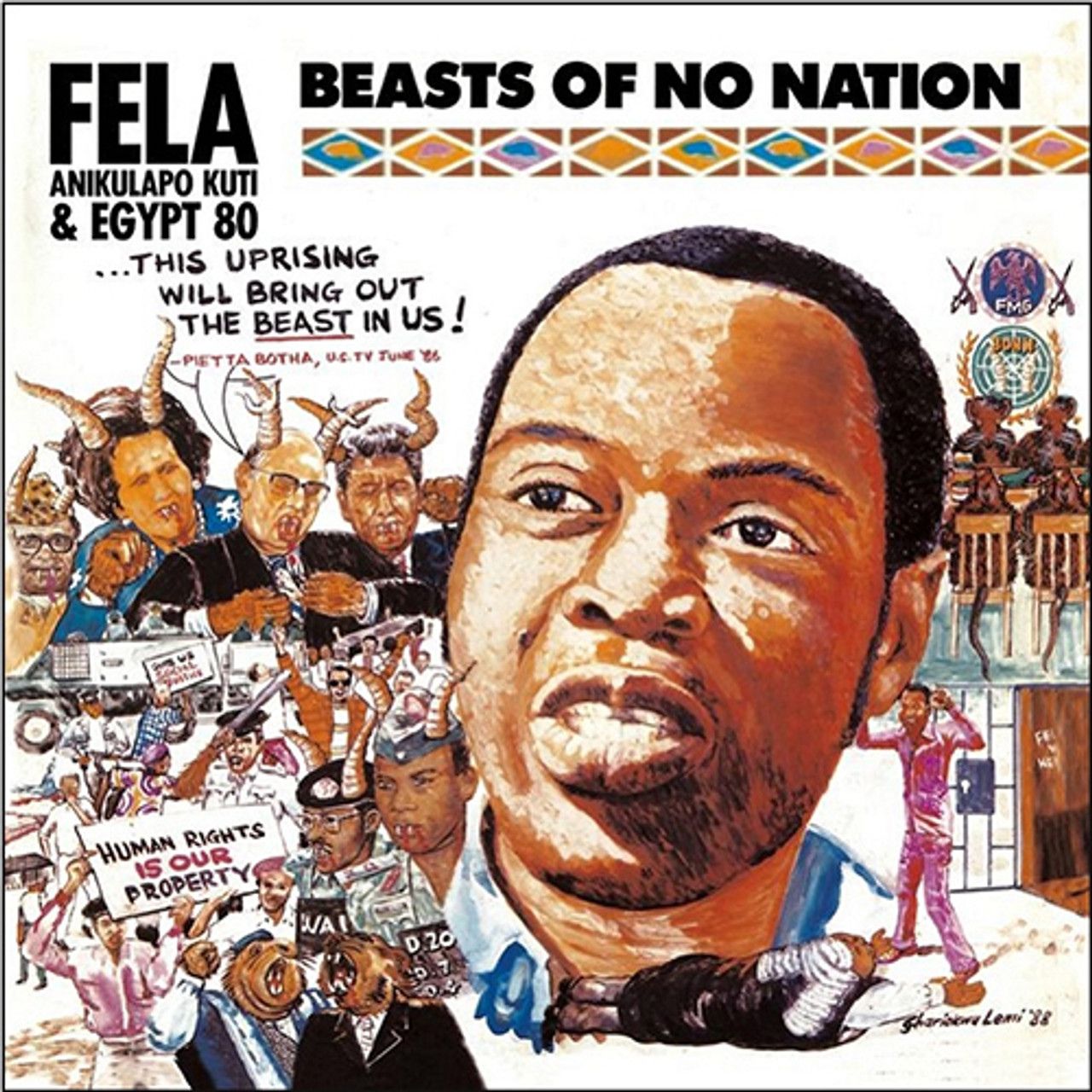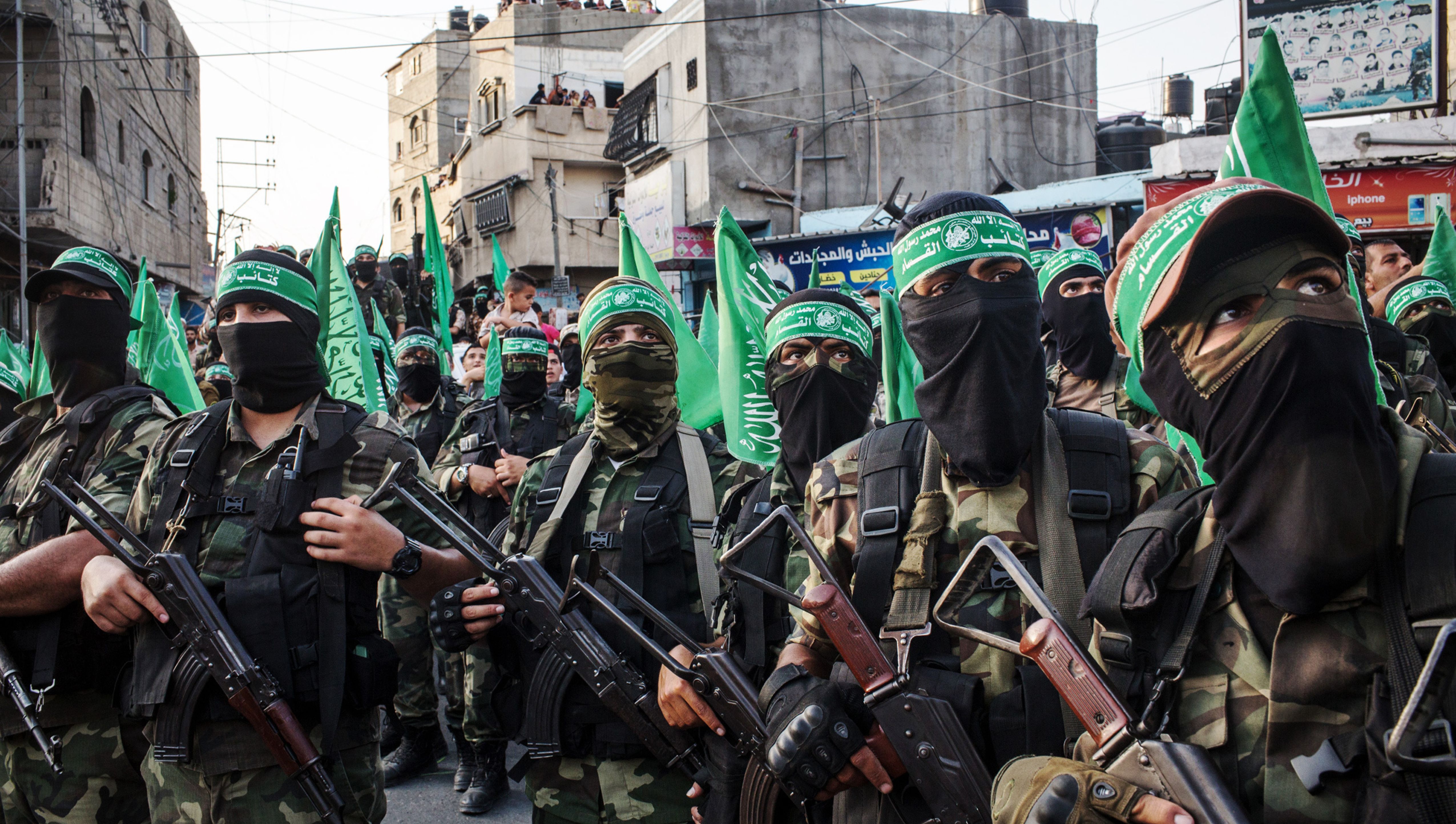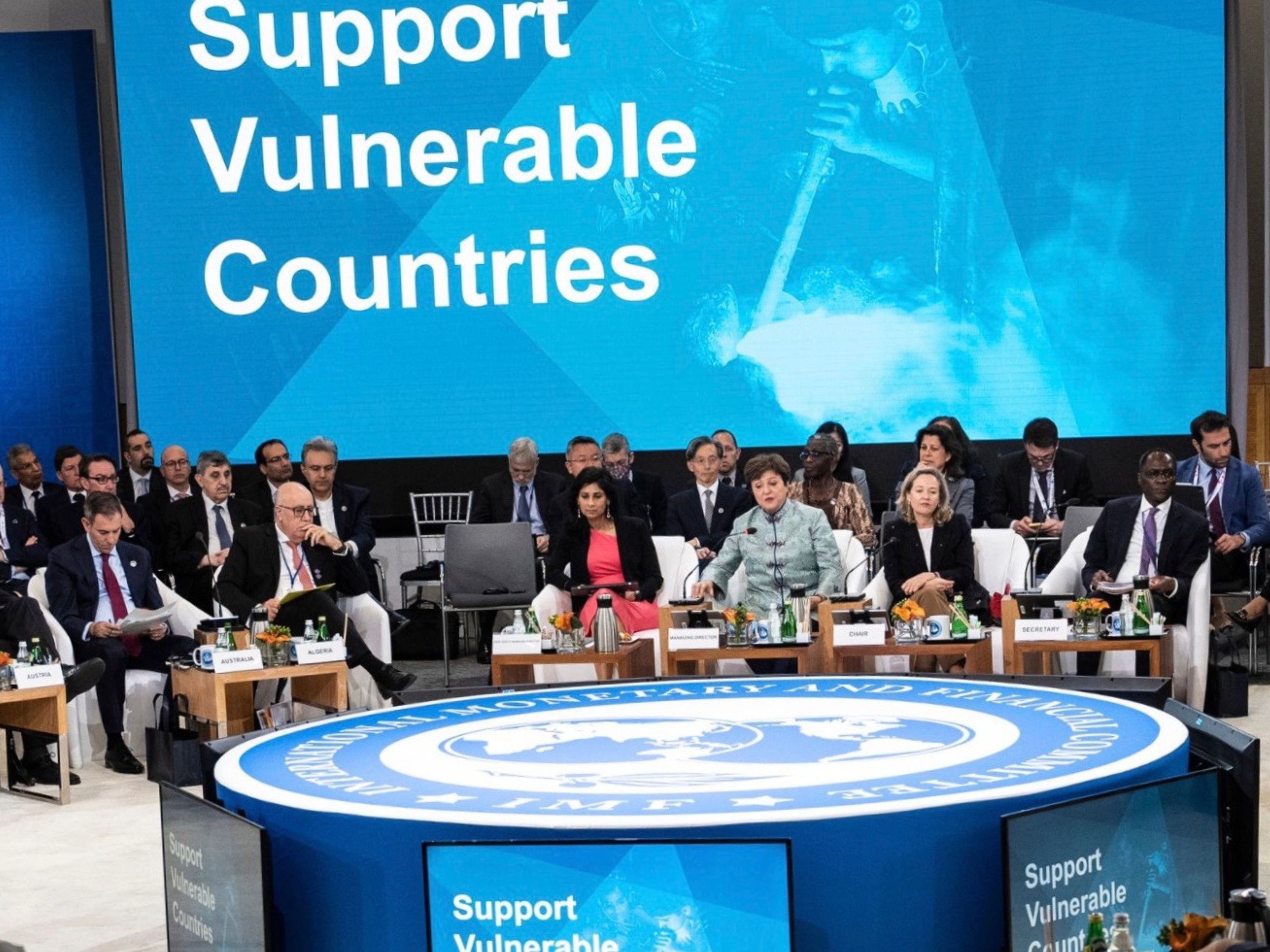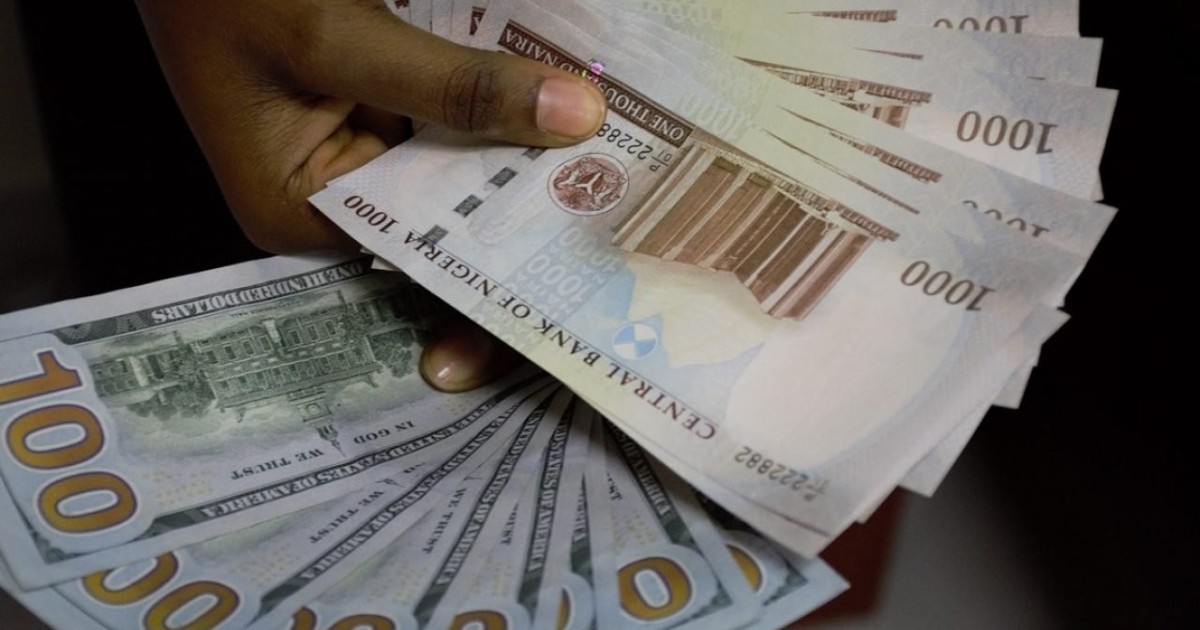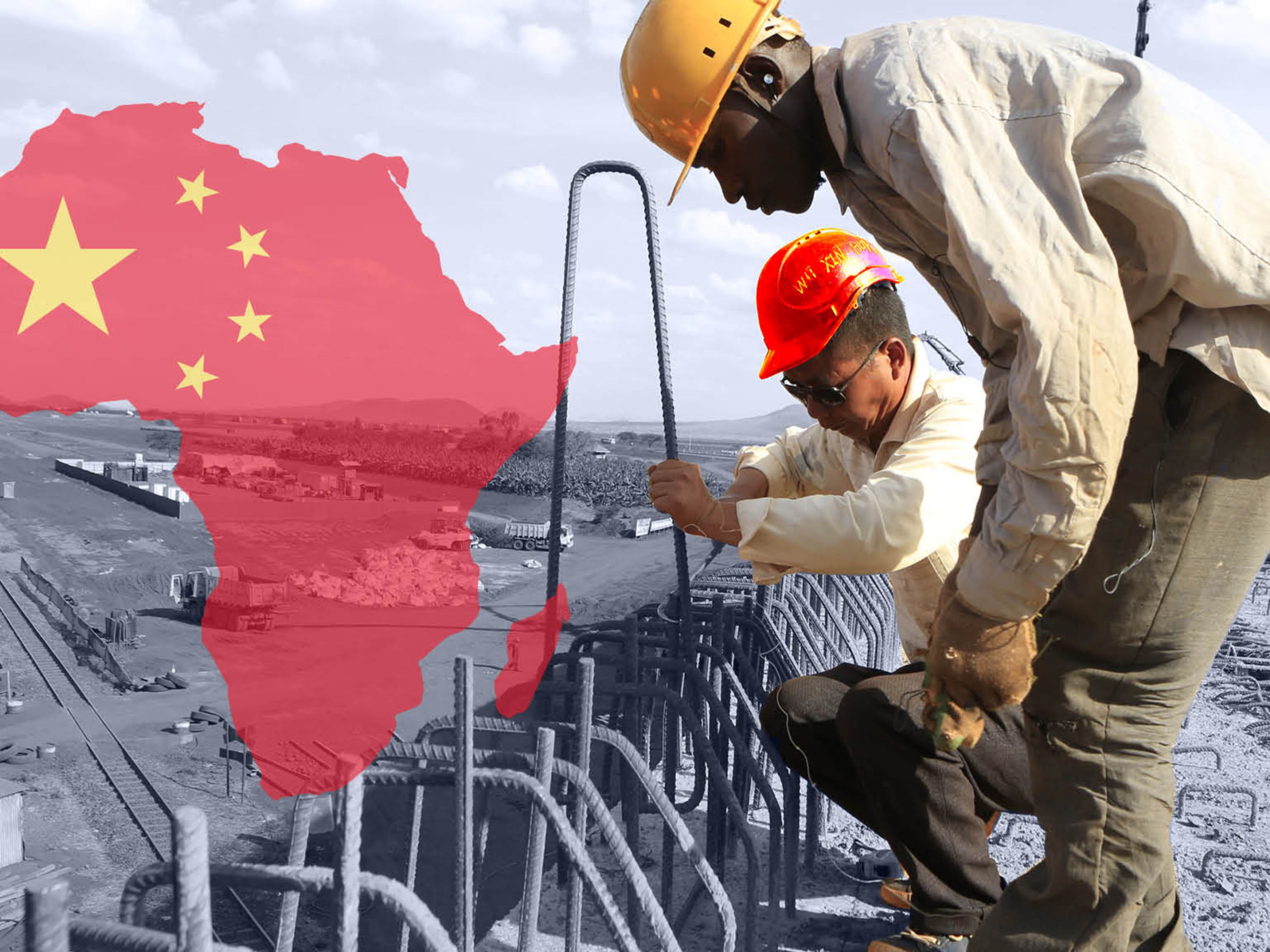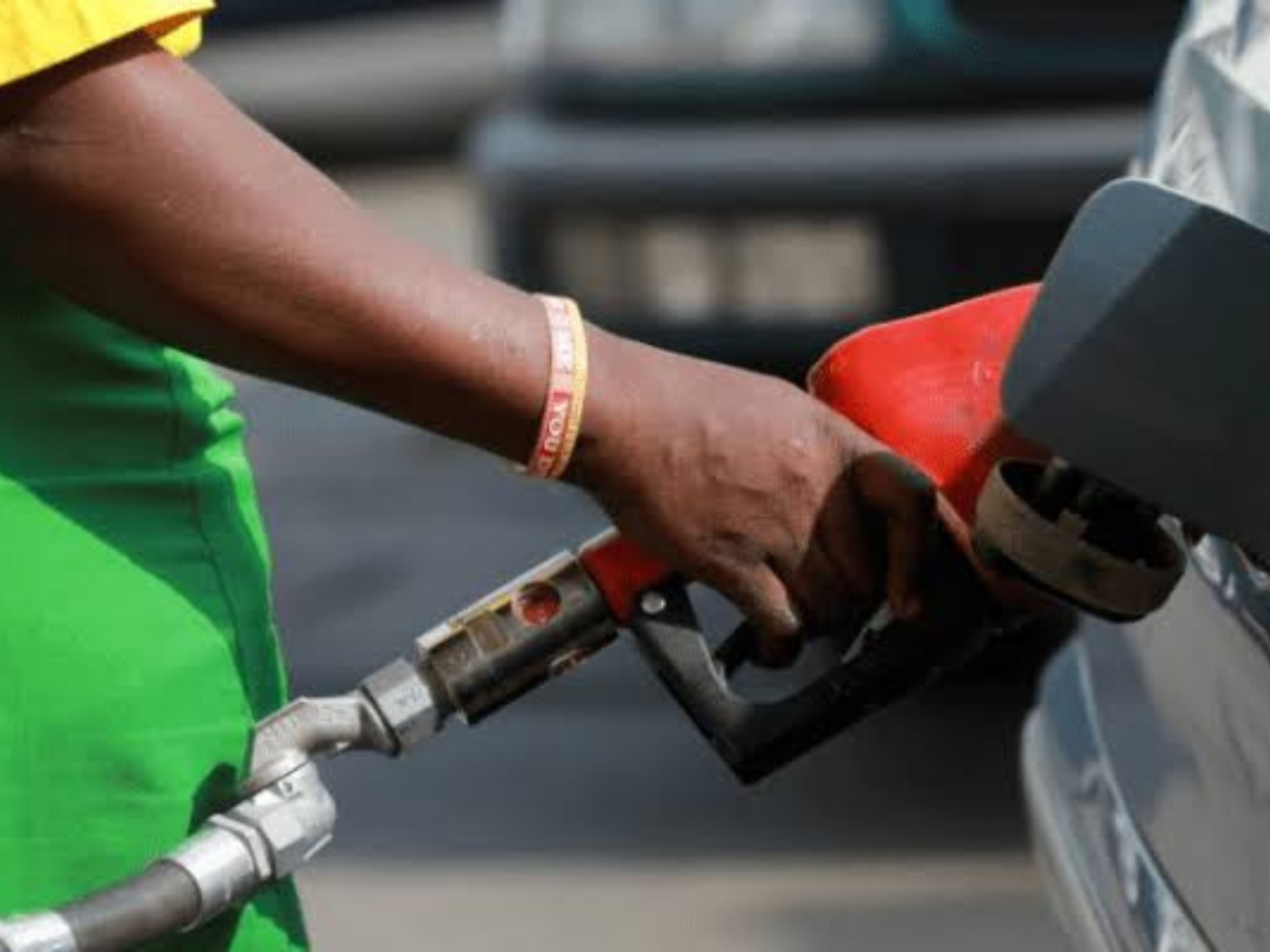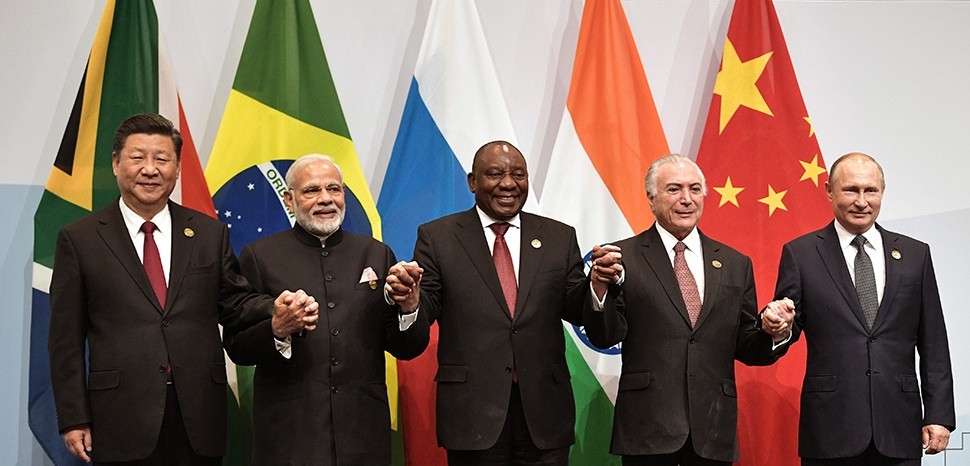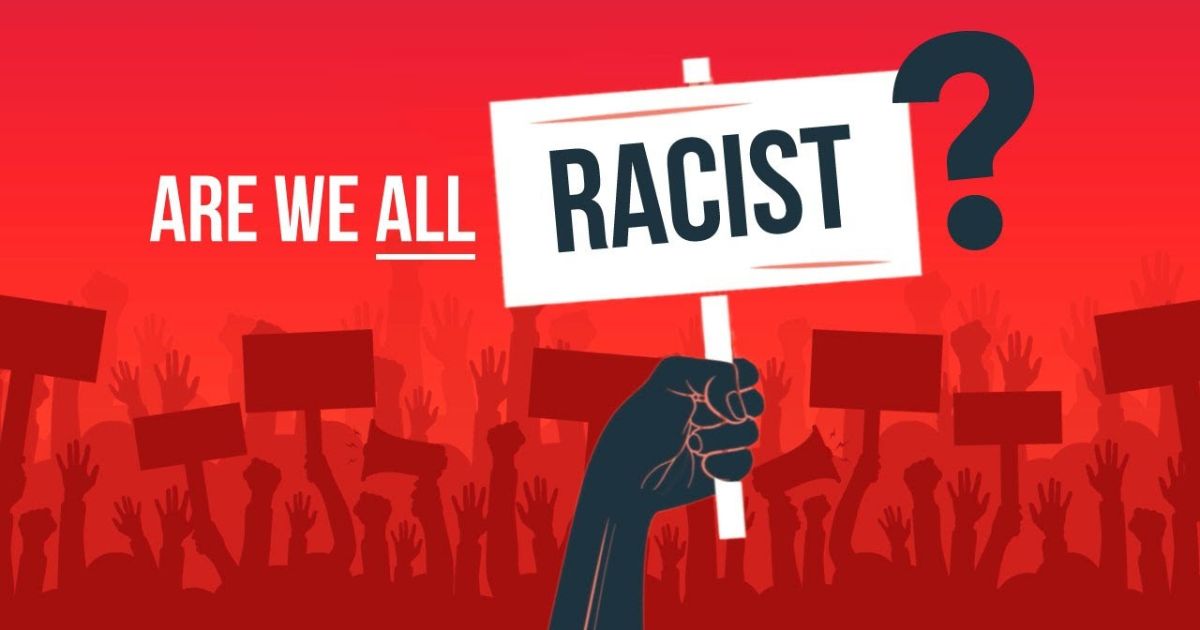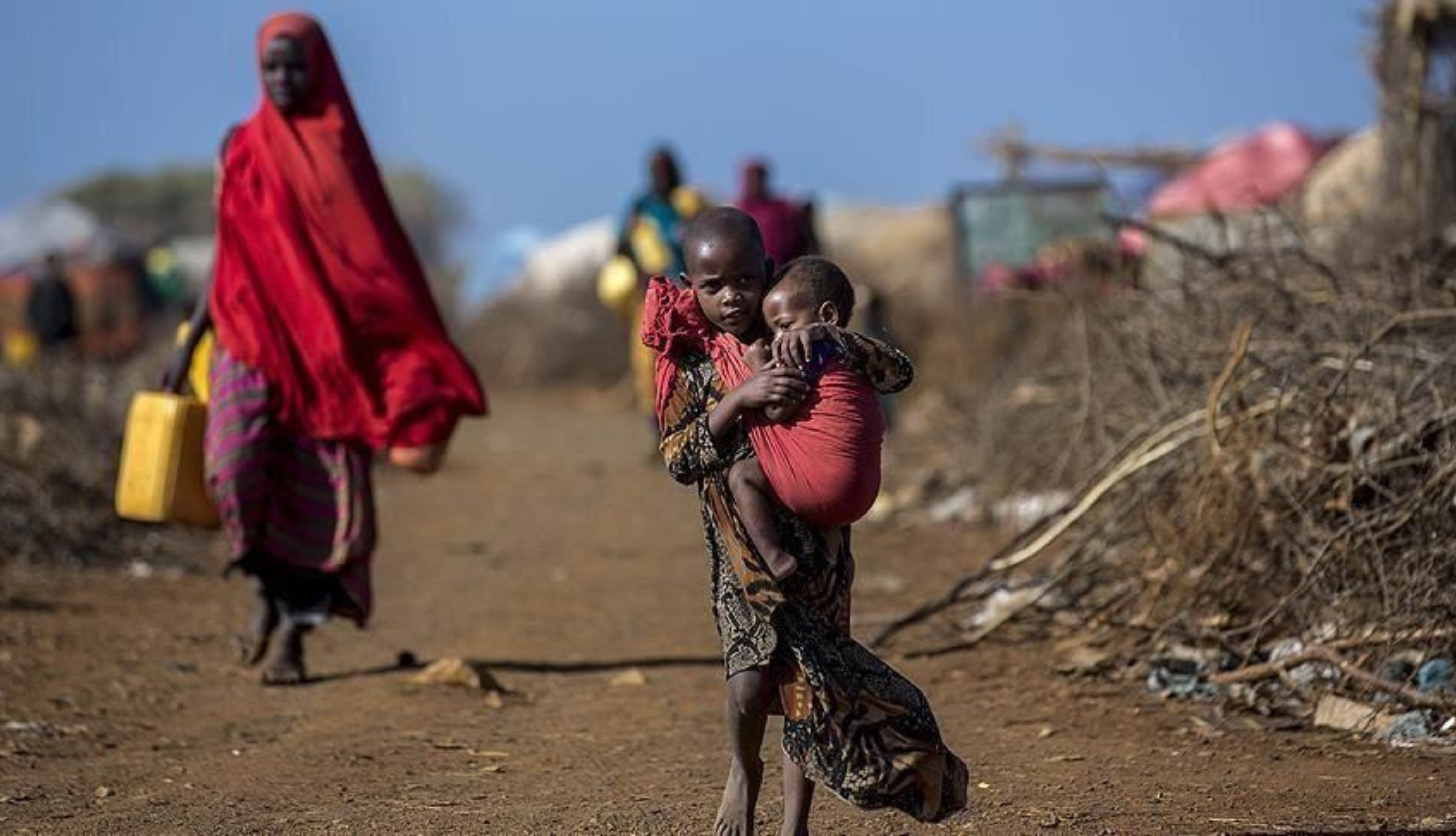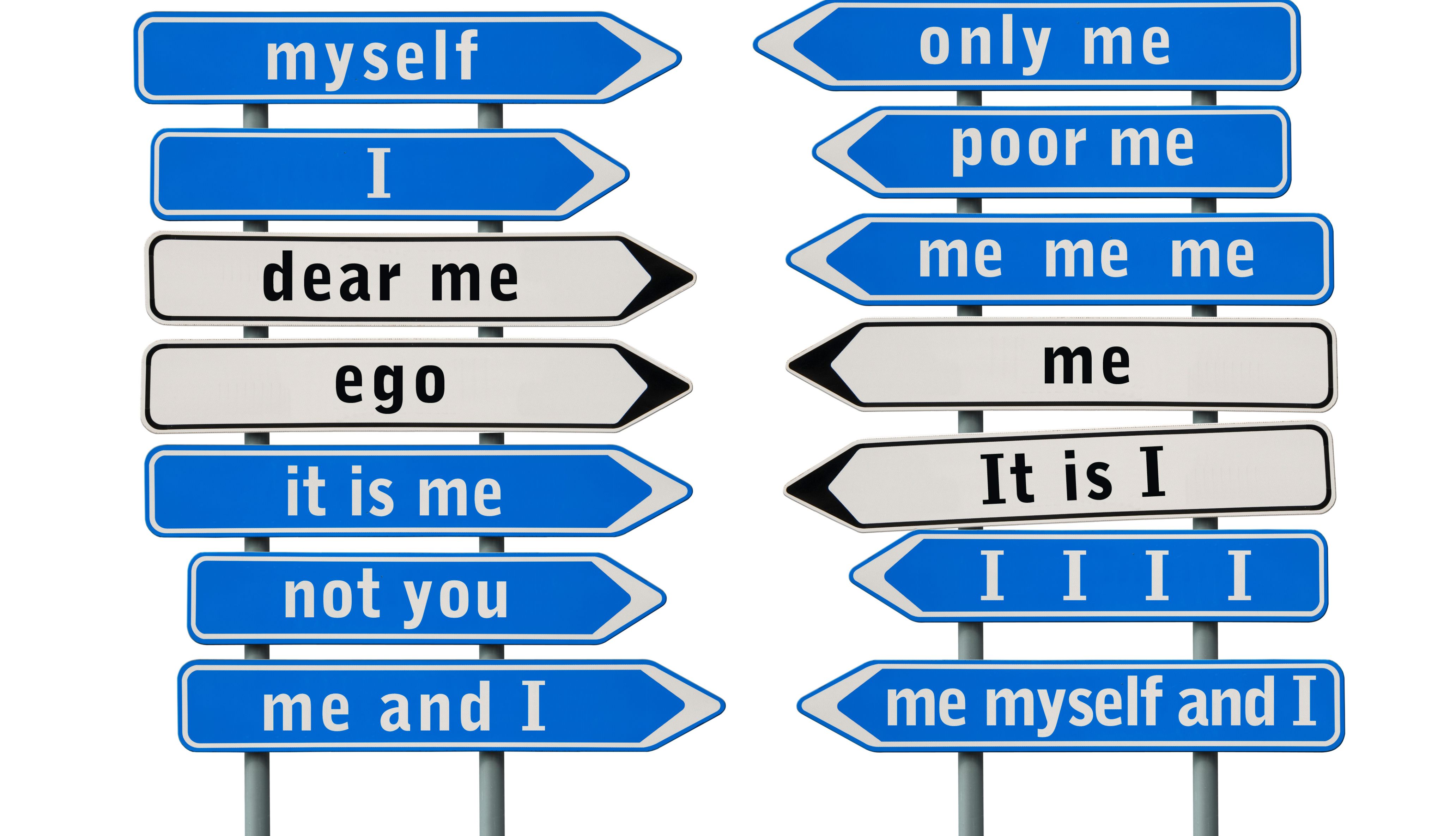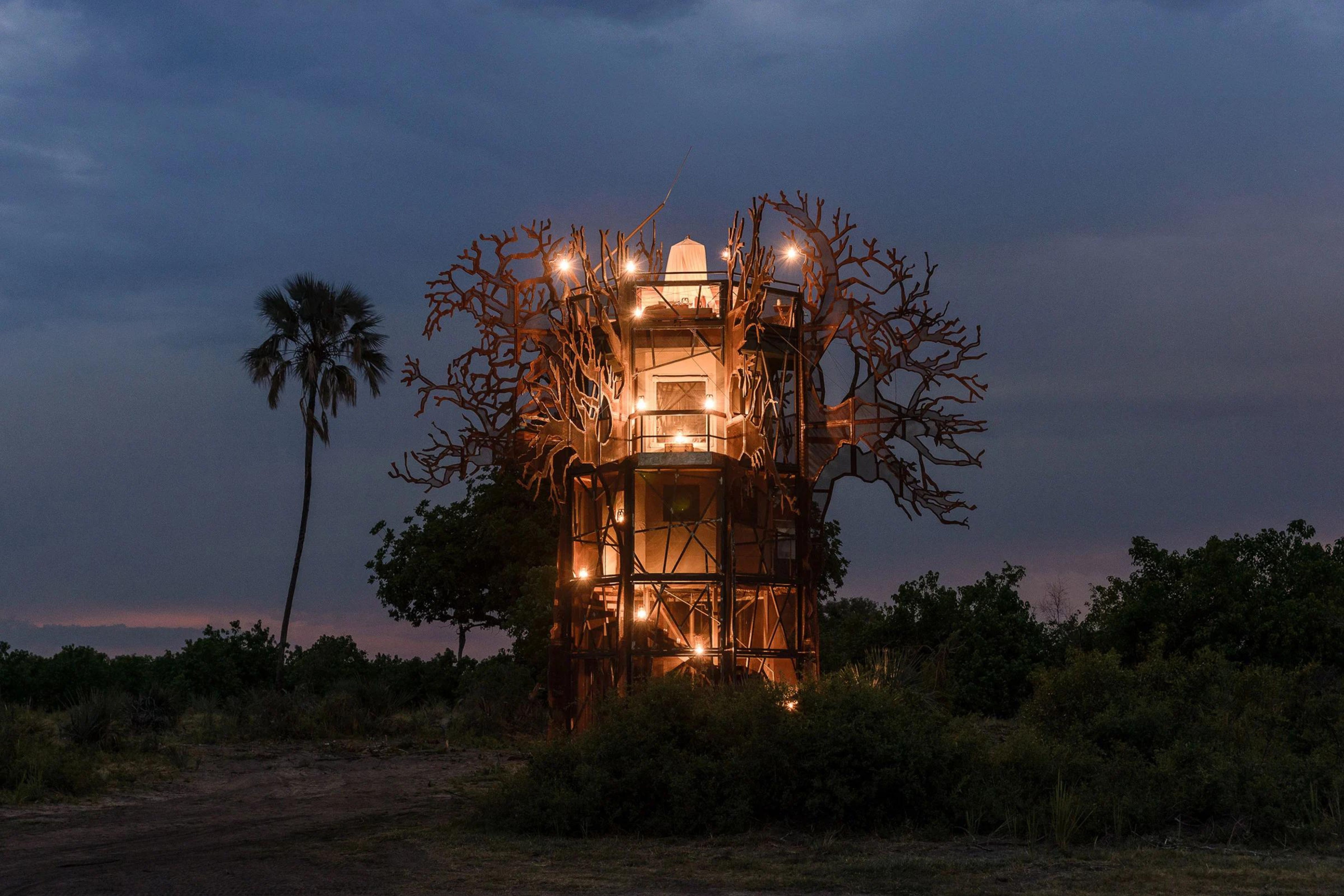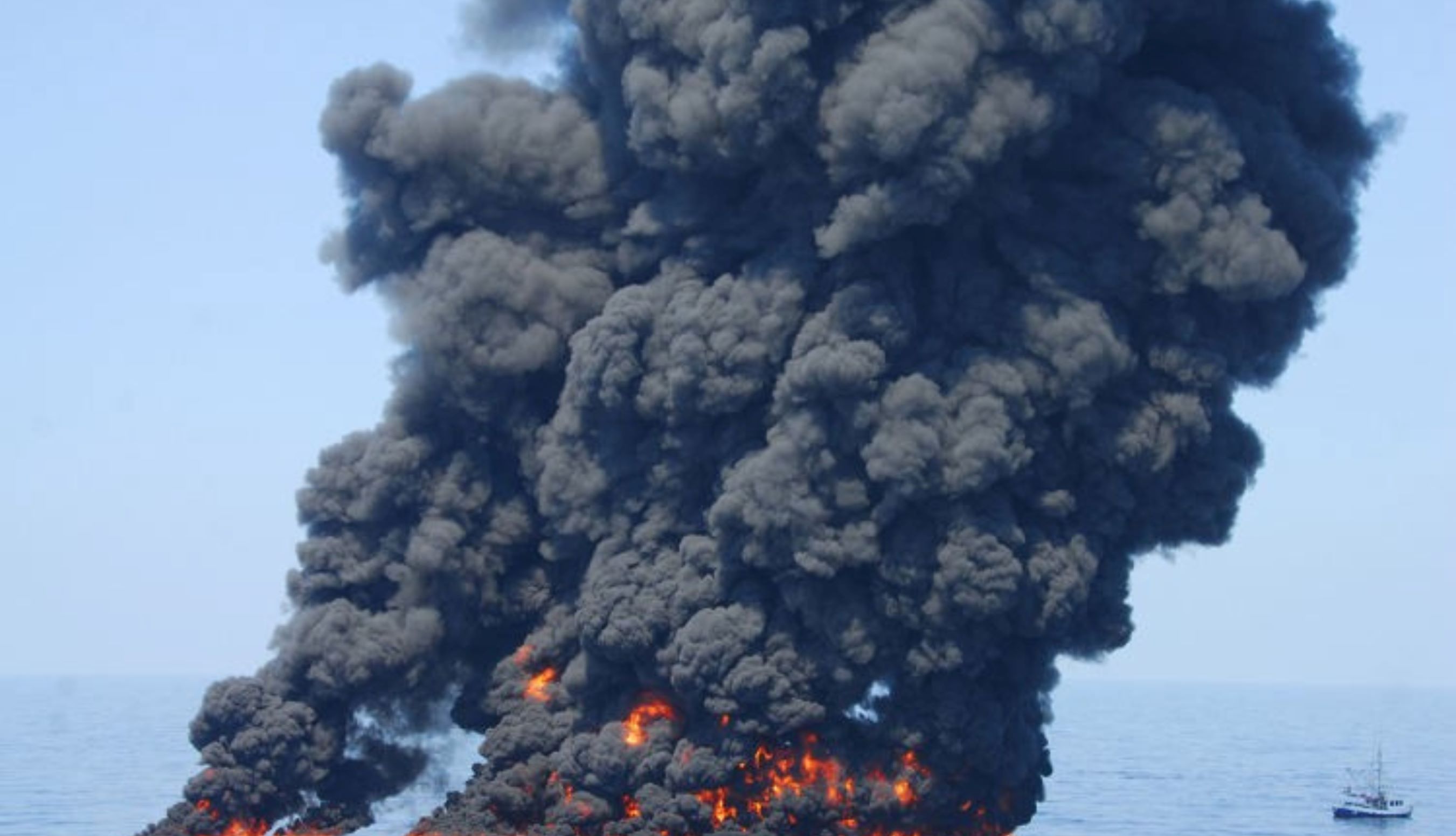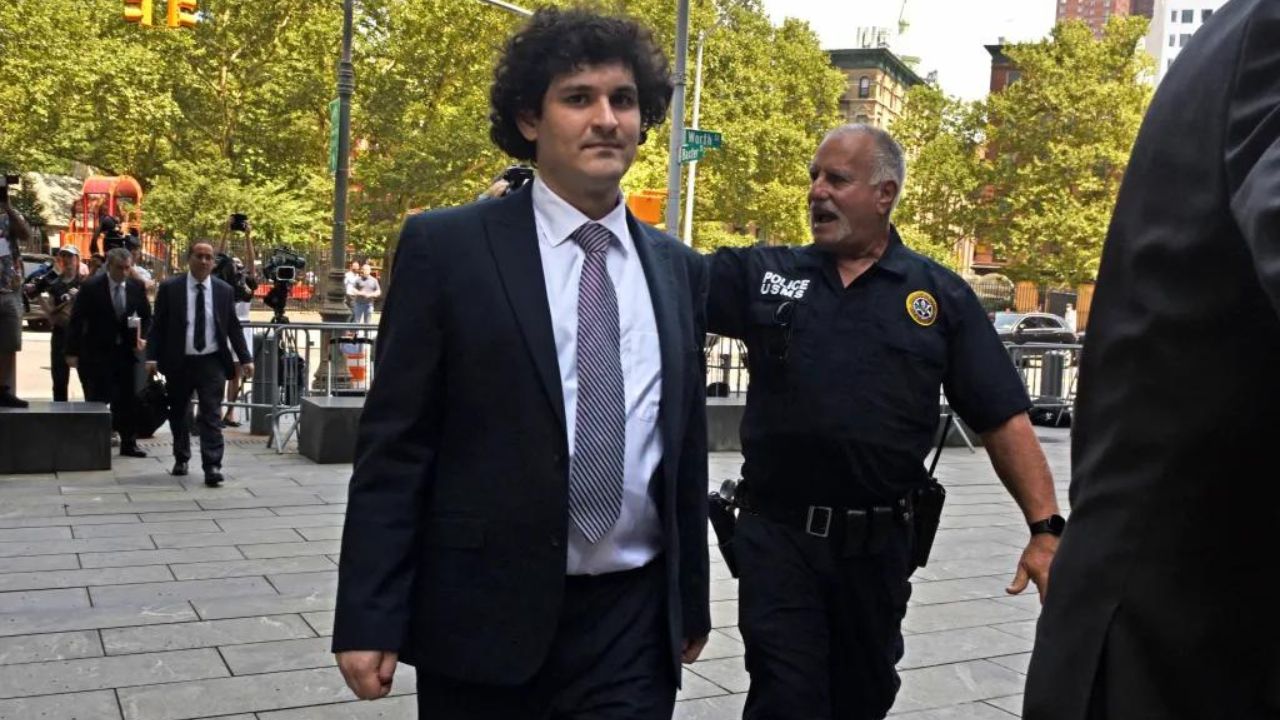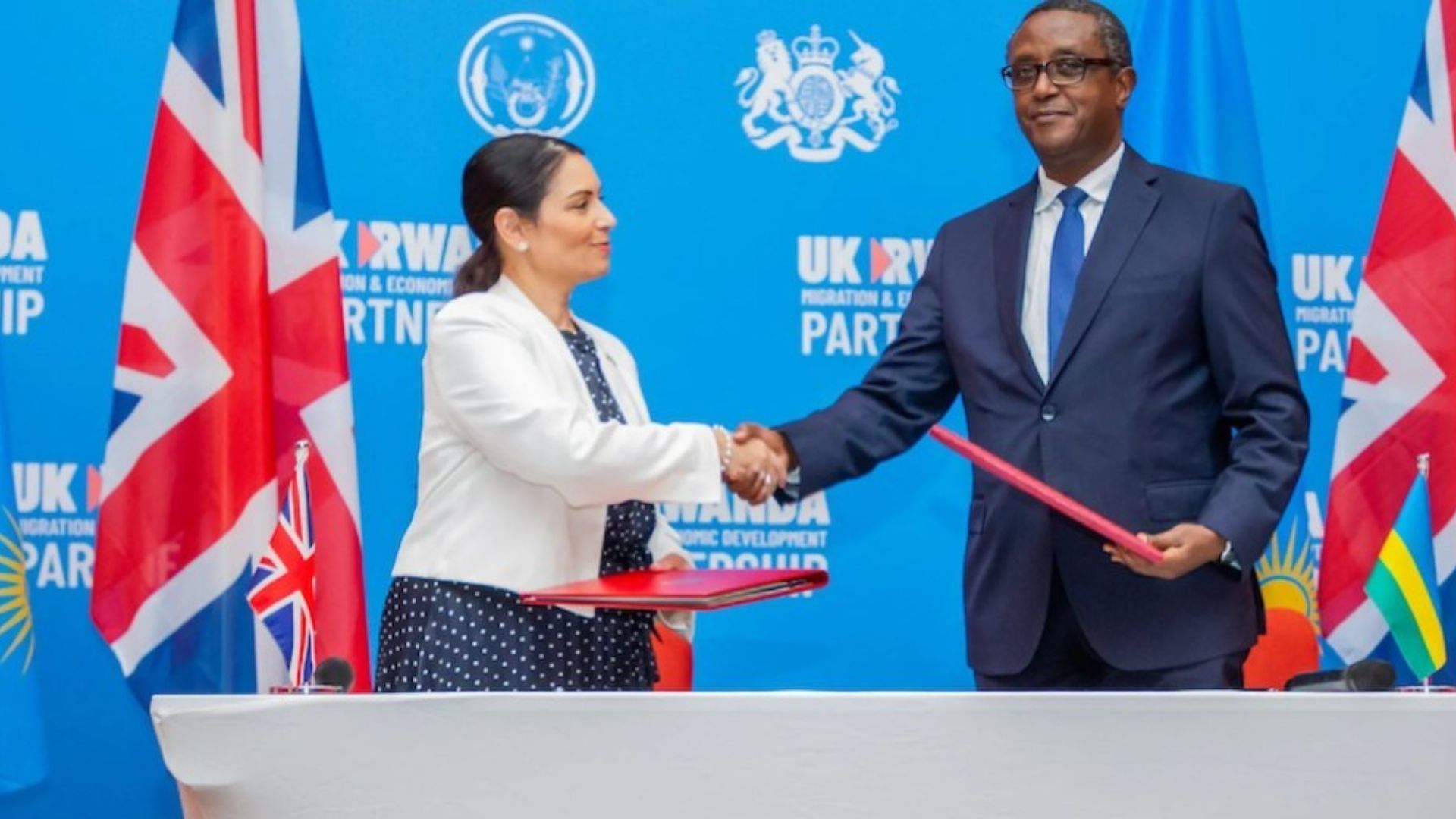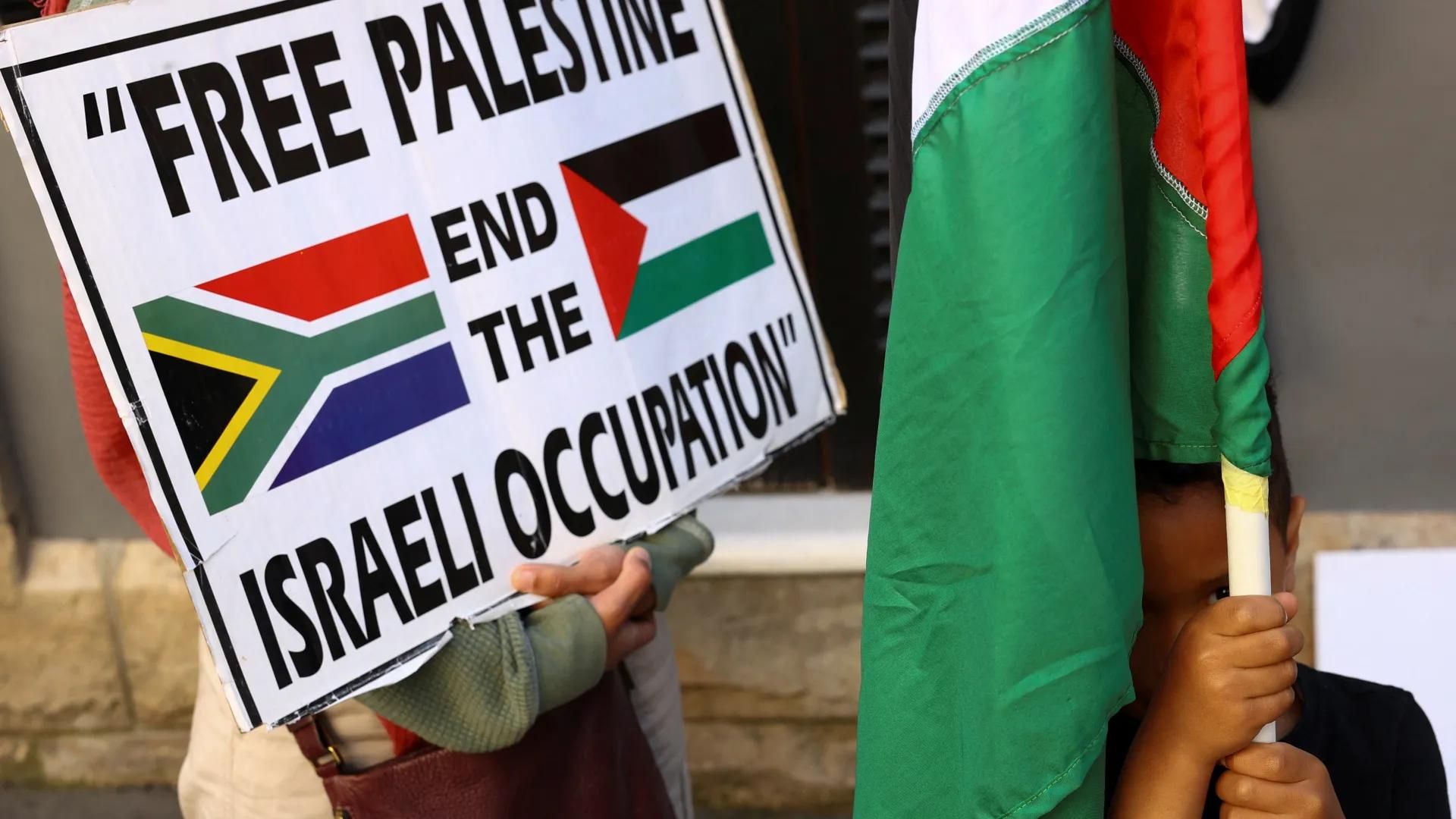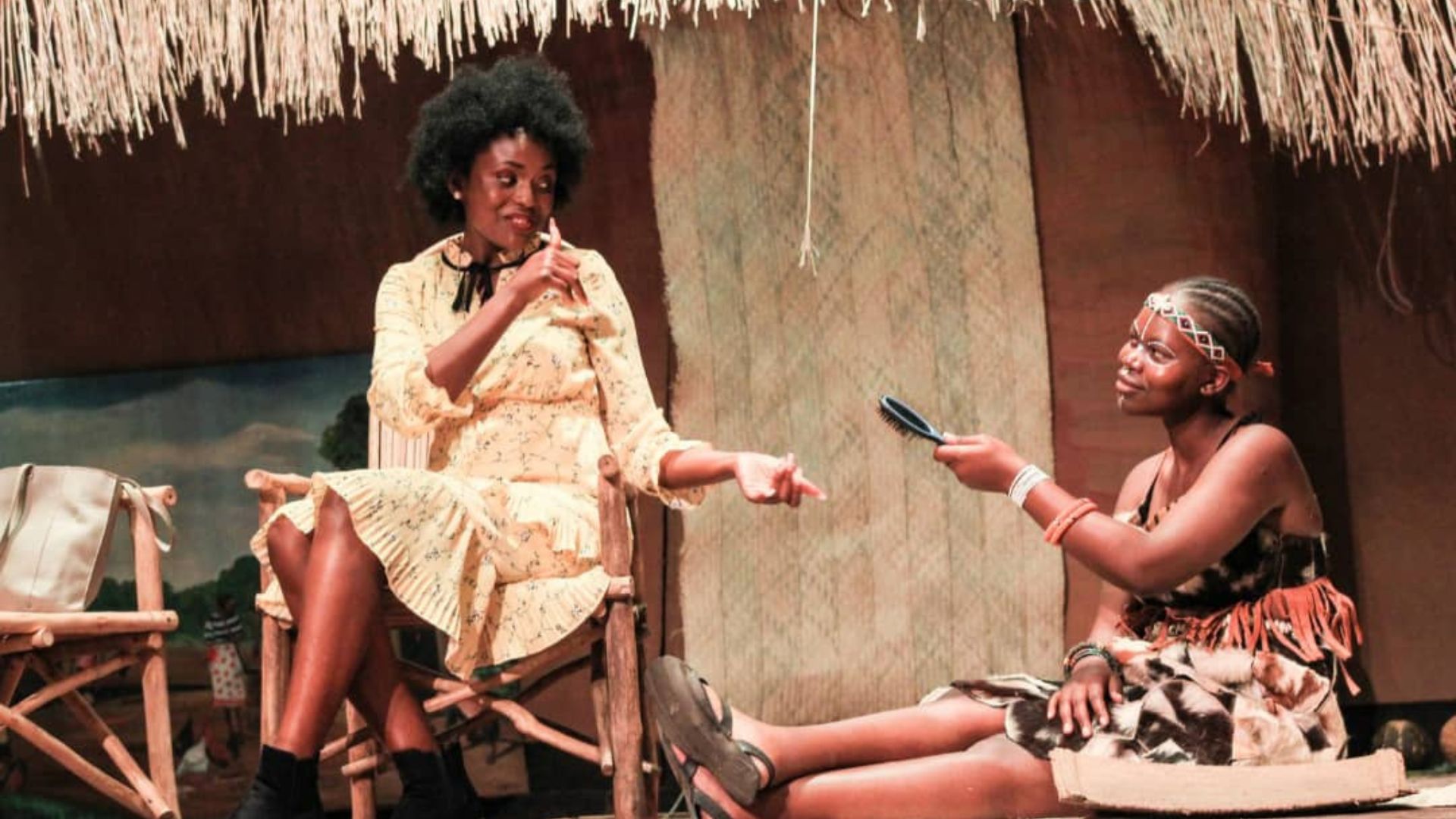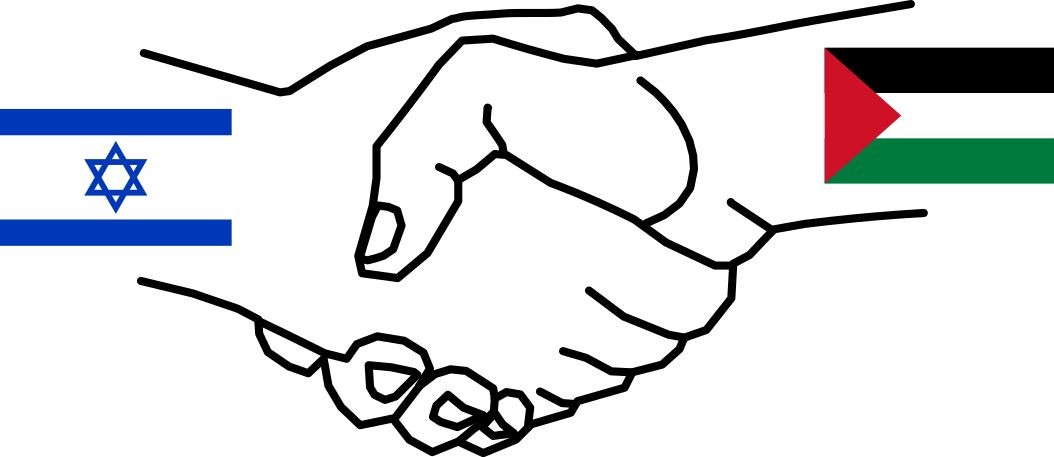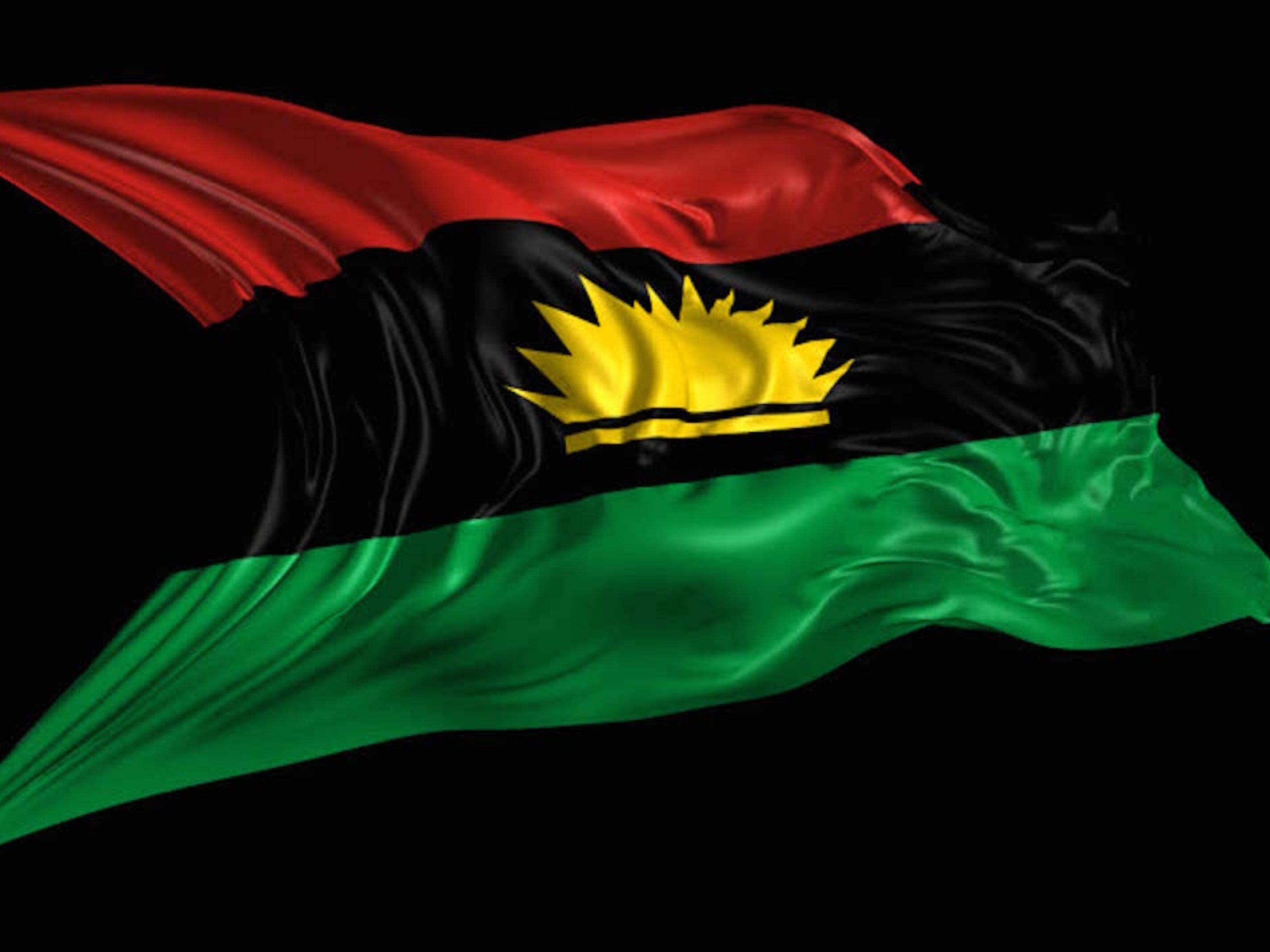The pogroms I witnessed in Makurdi, Nigeria (late Sept. 1966) were foreshadowed by months of intensive anti-Igbo and anti-Eastern conversations among Tiv, Idoma, Hausa and other Northerners resident in Makurdi, and, fitting a pattern replicated in city after city; the Nigerian army led the massacres.
The Nigerian Civil War and its Lasting Impact
The Nigerian Civil War, also known as the Biafran War or the Nigerian-Biafran War, erupted on 6 July 1967 and lasted until 15 January 1970. The conflict began an uneasy peace and instability that has plagued the country ever since. The war’s primary aim was to reconcile and reunify Nigeria. It resulted from the Nigerian government’s efforts to counter the struggle by the Igbo people of the Eastern region to break away from Nigeria and form a new republic called ‘The Republic of Biafra,’ led by the late military officer and politician Chukwuemeka Odumegwu Ojukwu.
The Republic of Biafra and its People
The Republic of Biafra mainly consisted of the former Eastern region of Nigeria and was inhabited primarily by the Igbo ethnic group. Biafra is typically divided into four main ethnicities: the Igbos, the Ibibio-Efiks, the Ijaws, and the Ogojas. The modern-day states that make up Biafra from the Eastern region and Midwest are Abia, Anambra, Akwa Ibom, Bayelsa, Enugu, Ebonyi, Imo, Delta, Rivers and Cross River, Igbanke in Edo state, and the southern part of Benue.
The Biafran Flag: A Symbol of Identity and Struggle
The Biafran flag was the official flag of the secessionist state of Biafra, which existed from 1967 to 1970. Nigerian artist Michael Taiwo Akinkunmi designed the Nigerian flag, and the Biafran flag features a horizontal tricolour of red, black, and green, with a golden rising sun in the centre. The red symbolises the blood of those who died during the conflict, the black represents the people of Biafra, and the green signifies the region’s agricultural wealth. The golden rising sun in the flag’s centre symbolises hope and a reminder of the bright future Biafra hoped to achieve. Despite the secessionist state’s abolition in 1970, the Biafran flag continues representing Igbo identity. It serves as a reminder of the Igbo’s struggle for self-determination and autonomy within the context of the Nigerian nation.
The Biafran Currency and the War’s Economic Impact
During the Nigerian Civil War, the secessionist state of Biafra issued its currency, the Biafran pound, to establish its independence and economic self-sufficiency. The Biafran pound, introduced on 28 January 1968, had a fixed exchange rate of one to one British pound. However, the war heavily disrupted Biafra’s economy, and the secessionist state could not maintain its currency’s value. As a result, inflation skyrocketed, rendering the Biafran pound nearly worthless by the war’s end.

The Biafran government created the Bank of Biafra, made possible under “Decree No. 3 of 1967”. A governor and four directors administered the bank; the maiden governor, whose signature featured on the bank notes, was Sylvester Ugoh.
Before it adopted its money, Biafra’s currency was the Nigerian pound.
During the Nigerian Civil War, the secessionist state of Biafra issued its currency to establish its independence and economic self-sufficiency. The Biafran currency was called the Biafran pound, and it was introduced on Jan. 28, 1968., with a fixed exchange rate of one Biafran pound to one British pound.
The Biafran pound was designed by a Nigerian artist, Uche Okeke and featured various symbols and images intended to represent Biafran culture and identity. The currency was issued in denominations of 5 shillings, 10 shillings, £1, £5, £10, and £20.
However, the war heavily disrupted the Biafran economy, and the secessionist state could not maintain its currency’s value. As a result, inflation skyrocketed, and by the war’s end, the Biafran pound was almost worthless. It is estimated that a total of £115 to 140 million Biafran pounds was in circulation by the end of the conflict.
Today, the Biafran pound symbolises Nigeria’s struggle for self-determination and autonomy. Despite its failure as a currency, it remains a powerful symbol of Biafran identity and the legacy of the Nigerian Civil War.
The Blame Game
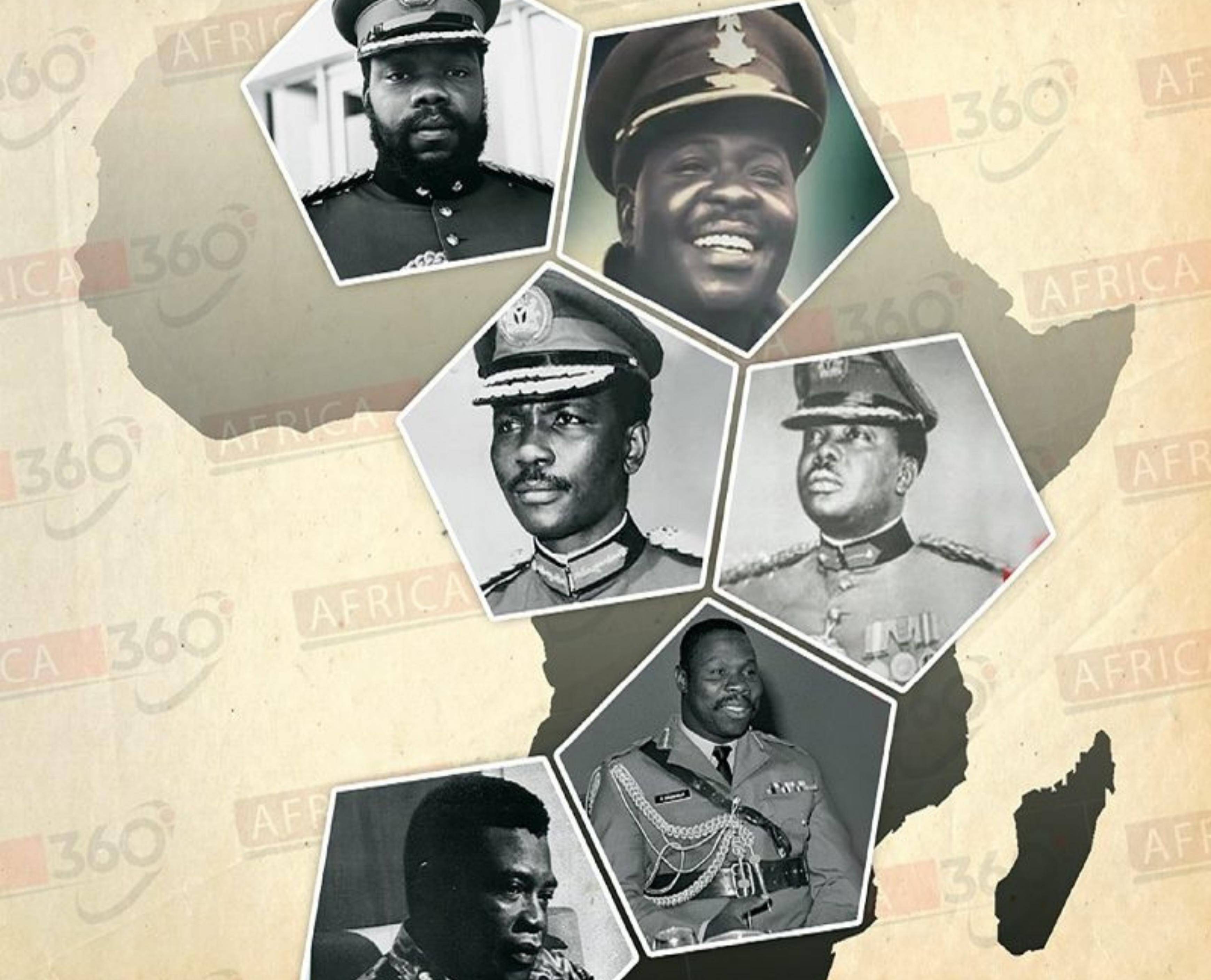

The Blame Game Surrounding the Biafra War
There have been divided opinions on the 1966 coup. Some argue that corruption among the civilian ruling class pushed the military to organise the coup. In contrast, others think that the control of oil production in the Niger Delta was also a significant factor. On 27 May 1967, Gowon proclaimed the division of Nigeria into twelve states. This decree divided the Eastern Region into South Eastern State, Rivers State, and East Central State. The Igbos, concentrated in the East Central State, would lose control over most of the petroleum in the other two areas. Hence, they saw creating states by decree without deliberation and consultation as the last straw and then led Col. Ojukwu to declare the region an independent state of ‘Biafra’ on 30 May 1967. The Federal Military Government (FMG) saw this act of secession as illegal. Several meetings were held to resolve the issue peacefully, but to no avail.
The Biafra War and the Escalation of Conflict


The war began in the early hours of 6 July 1967 when Nigerian Federal troops advanced in two columns into Biafra at the order of the FMG. Division 1, led by Col. Mohammed Shuwa, operated north of Biafra, while the second division advanced on Nsukka, which fell on 14 July. The Biafrans responded with an offensive of their own when on 9 August, the Biafran forces moved to the Westside and into the Mid-Western of the Nigerian region, which is across the Niger river, passing through Benin City, until they were stopped at Ore in (Ondo State) just over the state boundary on 21 August, just 130 miles east of the Nigerian capital of Lagos. The Biafran attack was led by Lt. Col. Banjo, a Yoruba, with the Biafran rank of brigadier. The attack met little resistance, and the Midwest was quickly taken over.
General Gowon responded by asking Col. Murtala Mohammed (who later became head of state in 1975) to form another division (the second Division) to expel the Biafrans from the Midwest, as well as to defend the Westside and attack Biafra from the West as well. As Nigerian forces retook the Midwest, the Biafran military administrator declared the Republic of Benin (Dahomey) on 19 September. Although the Nigerians retook Benin City on 22 September, the Biafrans succeeded in their primary objective by tying down as many Nigerian Federal troops as possible.
Atrocities of War and The Foreign Element
War in Enugu began on 12 September 1967; by 4 October 1967, the Nigerian Army had captured Enugu. Nigerian soldiers under Murtala Mohammed carried out a mass killing of 700 civilians when they captured Asaba on the River Niger. The Nigerians were repulsed three times as they attempted to cross the River Niger in October, losing thousands of troops, dozens of tanks, and equipment. The first attempt by the second division on 12 October to cross Niger from the town of Asaba to the Biafran city of Onitsha cost the Nigerian Federal Army over 5,000 soldiers killed, wounded, captured, or missing.
Operation Tiger Claw (17 to 20 October 1967) was a military conflict between Nigerian and Biafran military forces. On 17 October 1967,
On 19 May 1968, Port Harcourt was captured. With the capture of Enugu, Bonny, Calabar, and Port Harcourt, the outside world was left with no doubt about the Federal supremacy in the war. As soon as the war began, the Federal Military Government of Nigeria, led by Gen. Yakubu Gowon, surrounded the Biafra territory and captured the oil-rich coastal areas. The blockade imposed during the war led to severe famine such that within the two and a half years (30 months) the war lasted, there were over 100,000 overall military casualties, while nearly 2 million civilians died from starvation, which was a deliberate policy adopted by Nigeria to bring the people on the Biafra side to their knees.
Western influences were also involved in the war, with Britain and the then Soviet Union backing Nigeria, while France, Israel, and a few other countries supported Biafra. Within a year, the FMG captured the city of Port Harcourt and many other coastal oil facilities and blocked all the routes for transporting food into the Republic of Biafra, which led to severe starvation. They saw this as a war strategy and a way to keep Nigeria united, while many people worldwide saw this as nothing but genocide.
With increased British support, the Nigerian federal forces launched their final offensive against the Biafrans again on December 23 1969, with a major thrust by the Third Marine Commando Division. The division was commanded by Col. Olusegun Obasanjo (who later became president twice), which succeeded in splitting the Biafran enclave into two by the end of the year. The final Nigerian offensive, “Operation Tail-Wind”, was launched on 7 January 1970, with the third Marine Commando Division attacking and supported by the first division to the north and the second to the south. The Biafran towns of Owerri fell on 9 January and Uli on 11 January.
Only a few days earlier, Ojukwu fled into exile by plane to the Ivory Coast, leaving his deputy Philip Effiong to handle the details of the surrender to General Yakubu Gowon of the Federal Army on 13 January 1970. The surrender paper was signed on 14 January 1970 in Lagos, and thus, the end of the civil war and renunciation of secession came. The fighting ended a few days later, with the Nigerian forces advancing into the remaining Biafran-held territories, which was met with little resistance.
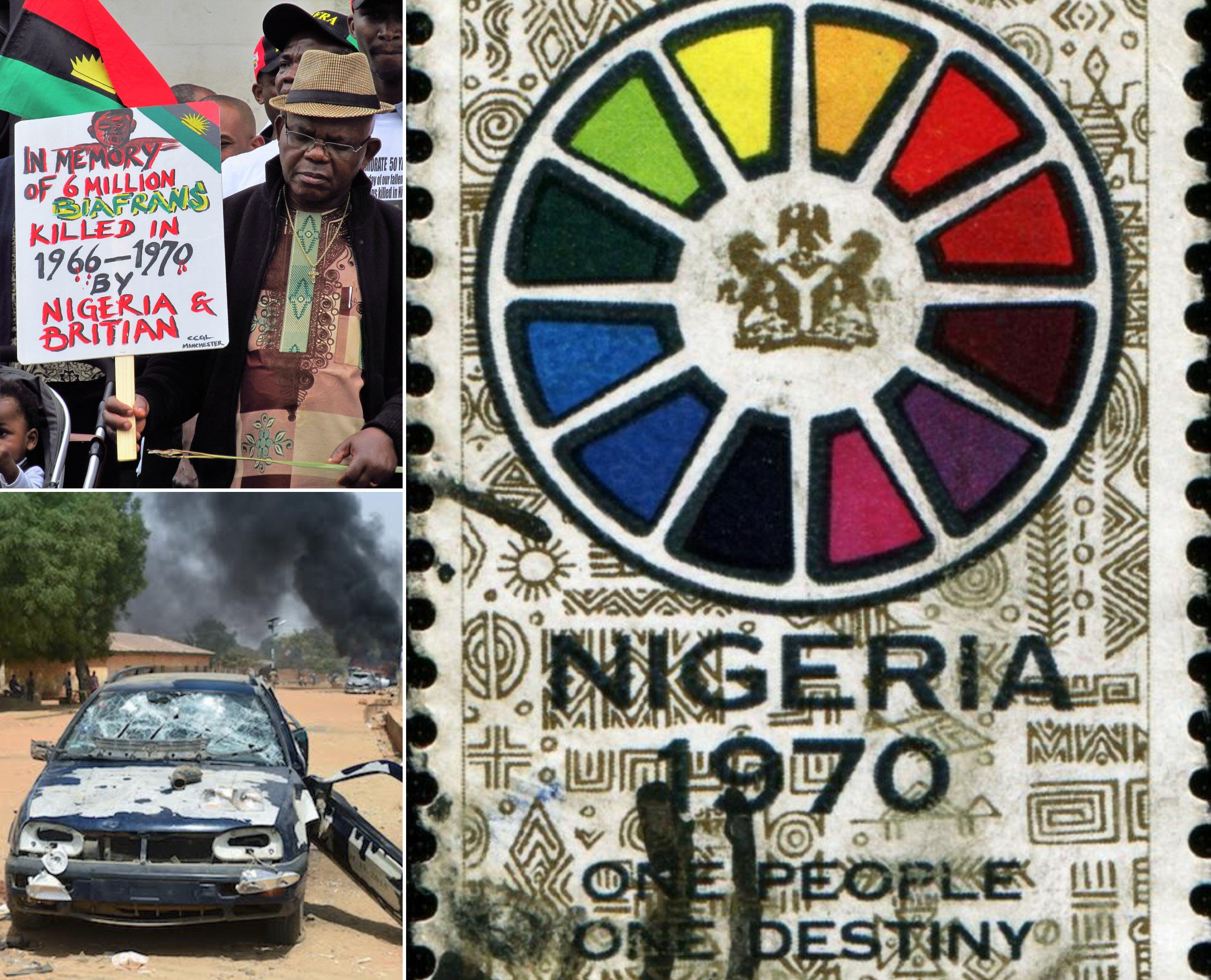

“The tragic chapter of violence is just ended. We are at the dawn of national reconciliation. Once again, we have an opportunity to build a new nation. My dear compatriots, we must pay homage to the fallen, to the heroes who have made the supreme sacrifice that we may be able to build a nation great in justice, fair trade, and industry.”
The haunting images of starving children from Biafra were broadcasted worldwide and drew attention to the human suffering caused by the war. As a result, the international community was moved to action, with various humanitarian organisations providing aid and relief to the affected populations.
Efforts towards Reconciliation
In the aftermath of the Biafran War, the Nigerian government implemented a “No victor, no vanquished” policy and embarked on a program called the 3Rs: Reconciliation, Rehabilitation, and Reconstruction. These policies aimed to heal the wounds of the war and reintegrate the Igbo people and other ethnic groups affected by the conflict back into Nigerian society.
Reconciliation
Reconciliation involved promoting unity and understanding among the various ethnic groups in Nigeria, encouraging inter-ethnic marriages, and fostering cultural exchanges. The government also granted amnesty to former Biafran soldiers and officials, allowing them to return to their pre-war positions in the Nigerian military and civil service.
Rehabilitation
Rehabilitation focused on assisting those displaced or affected by the war, including providing shelter, food, and other necessities. The government also established programs to help reintegrate former combatants and their families, including job training and education initiatives.
Reconstruction
Reconstruction involved rebuilding infrastructure, such as roads, bridges, and public buildings, destroyed during the war. The government also invested in the development of the Eastern Region, aiming to address some of the grievances that had led to the secessionist movement in the first place.
The Lingering Impact of the Biafran War
Despite the efforts towards reconciliation, the legacy of the Biafran War continues to be felt in Nigeria. As a result, many Igbo people feel marginalised and politically excluded, and there have been ongoing calls for greater autonomy or secession. The Movement for the Actualization of the Sovereign State of Biafra (MASSOB) and the Indigenous People of Biafra (IPOB) are examples of groups that have emerged in recent years, advocating for the restoration of Biafra or increased political autonomy for the Igbo people.
Moreover, the Biafran War has had a lasting impact on Nigeria’s political landscape—the conflict exposed and exacerbated existing ethnic and regional tensions, which continue to influence Nigerian politics today. The struggle for resource control, particularly in the oil-rich Niger Delta region, has also been a source of the ongoing conflict in Nigeria.
In the broader context, the Biafran War serves as a reminder of the devastating consequences of ethnic and regional tensions. Moreover, it underscores the importance of promoting peace, unity, and inclusion in societies worldwide and the need for responsible governance and the equitable distribution of resources.
Remembering the Biafran War and Learning from History
The Biafran War remains an important historical event in Nigeria and beyond, serving as a cautionary tale about the dangers of ethnic and regional tensions. Therefore, it is crucial to remember the war and learn from its tragic consequences to prevent similar conflicts in the future.
Education and Awareness
Educating the public about the Biafran War, its causes, and its impact on Nigeria is essential for fostering a deeper understanding of the country’s history and the importance of unity and tolerance. This includes incorporating the history of the war into educational curricula and supporting research and publications on the subject.
Memorialisation and Remembrance
Memorialising the victims of the Biafran War and remembering the atrocities committed during the conflict can help to promote healing and reconciliation. This can be monuments, museums, and commemorative events that pay tribute to those who suffered and perished during the war.
Ongoing Dialogue and Conflict Resolution
Engaging in the ongoing dialogue between different ethnic and regional groups in Nigeria can help to address lingering grievances and promote understanding. This includes supporting forums for discussion, cultural exchanges, and conflict resolution efforts that aim to bridge divides and foster cooperation.
Addressing Socioeconomic Inequality
One of the critical factors that contributed to the Biafran War was the perception of economic and political marginalisation among the Igbo people. Therefore, addressing socioeconomic inequality in Nigeria is essential for promoting lasting peace and preventing future conflicts. This includes investing in infrastructure, education, and economic development in marginalised regions and ensuring equitable access to resources and opportunities for all Nigerians.
The Biafran War in a Global Context
The Biafran War serves as a stark reminder of the devastating consequences of ethnic and regional conflicts around the world. By learning from the history of the Biafran War and addressing the underlying causes of such disputes, we can help build more inclusive, peaceful, and prosperous societies for all.

